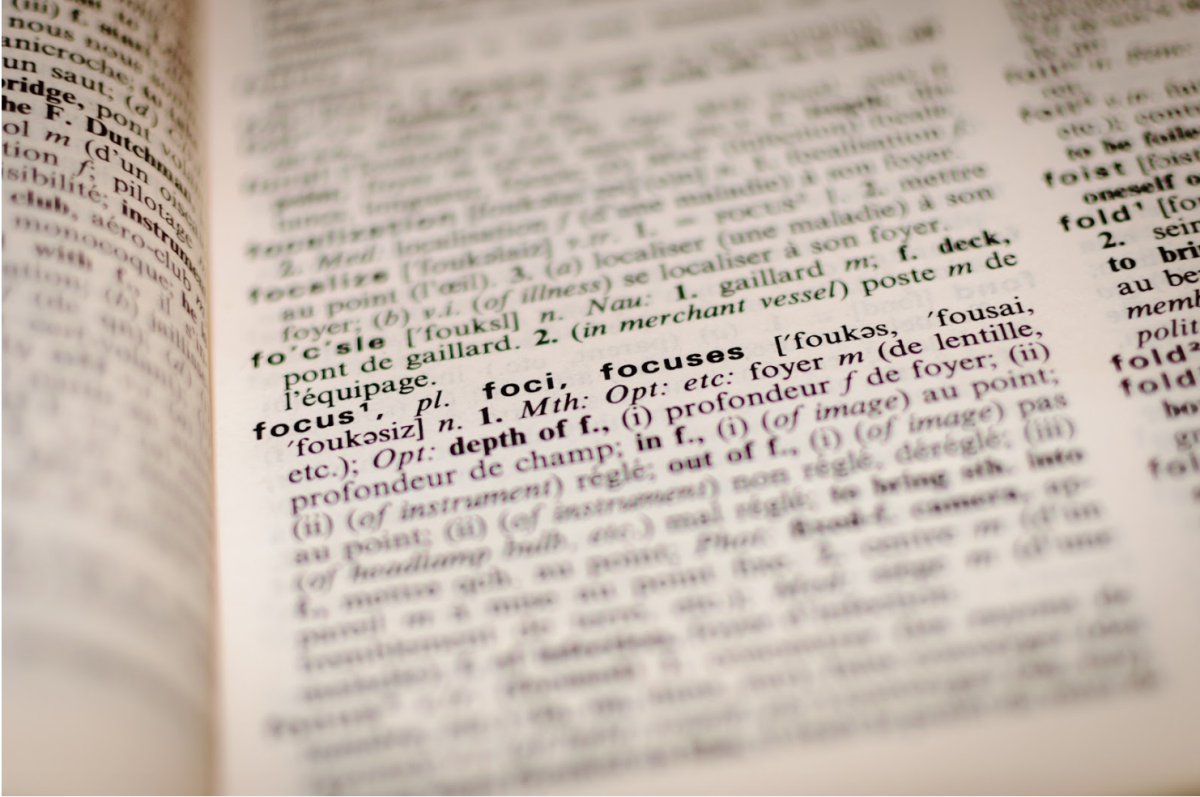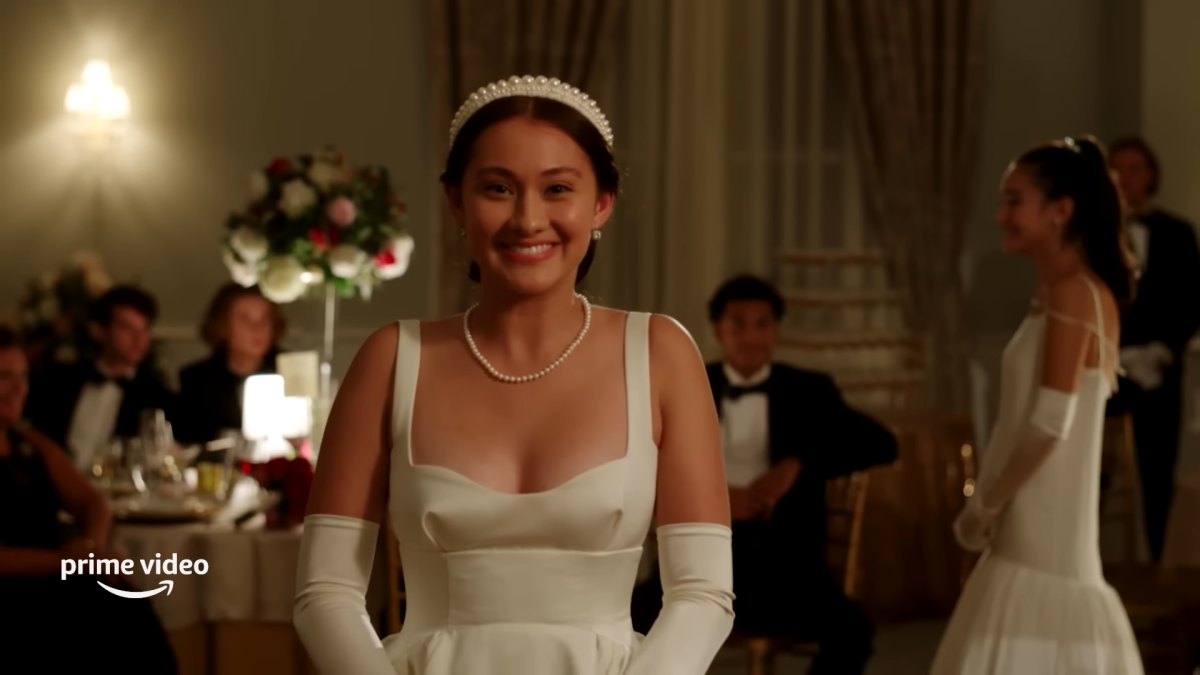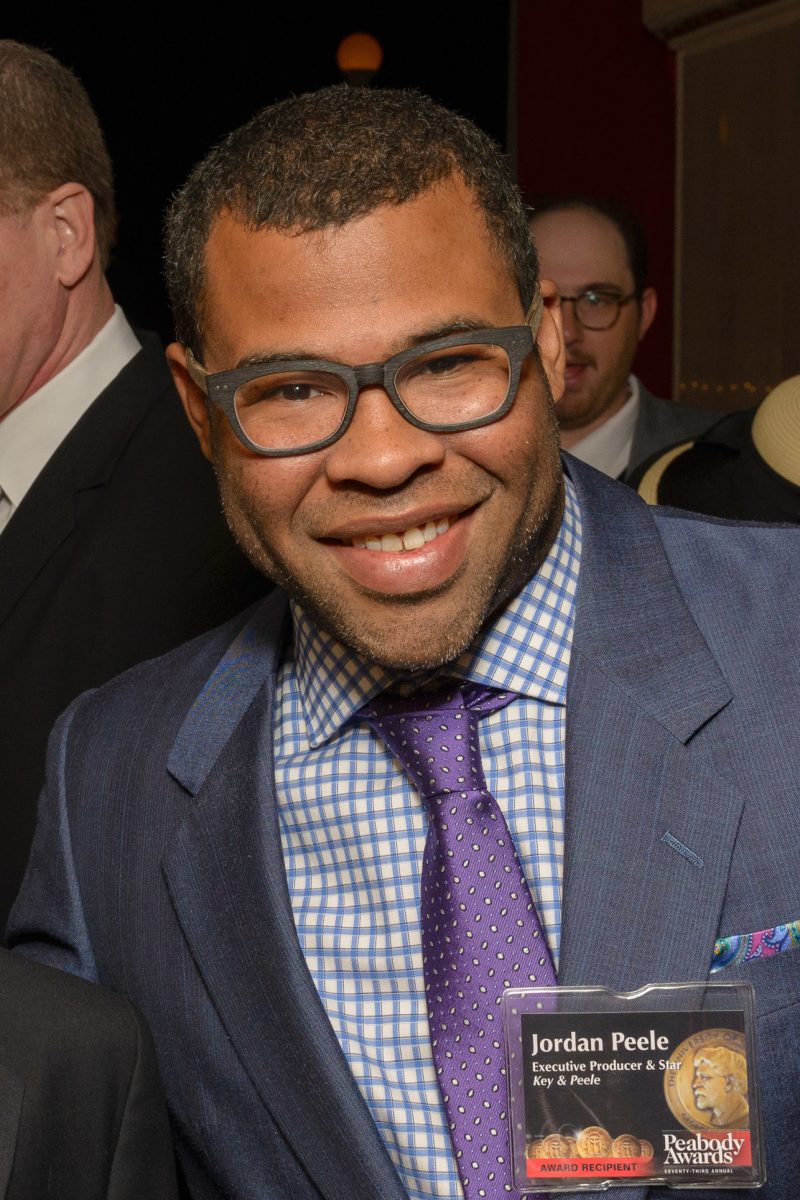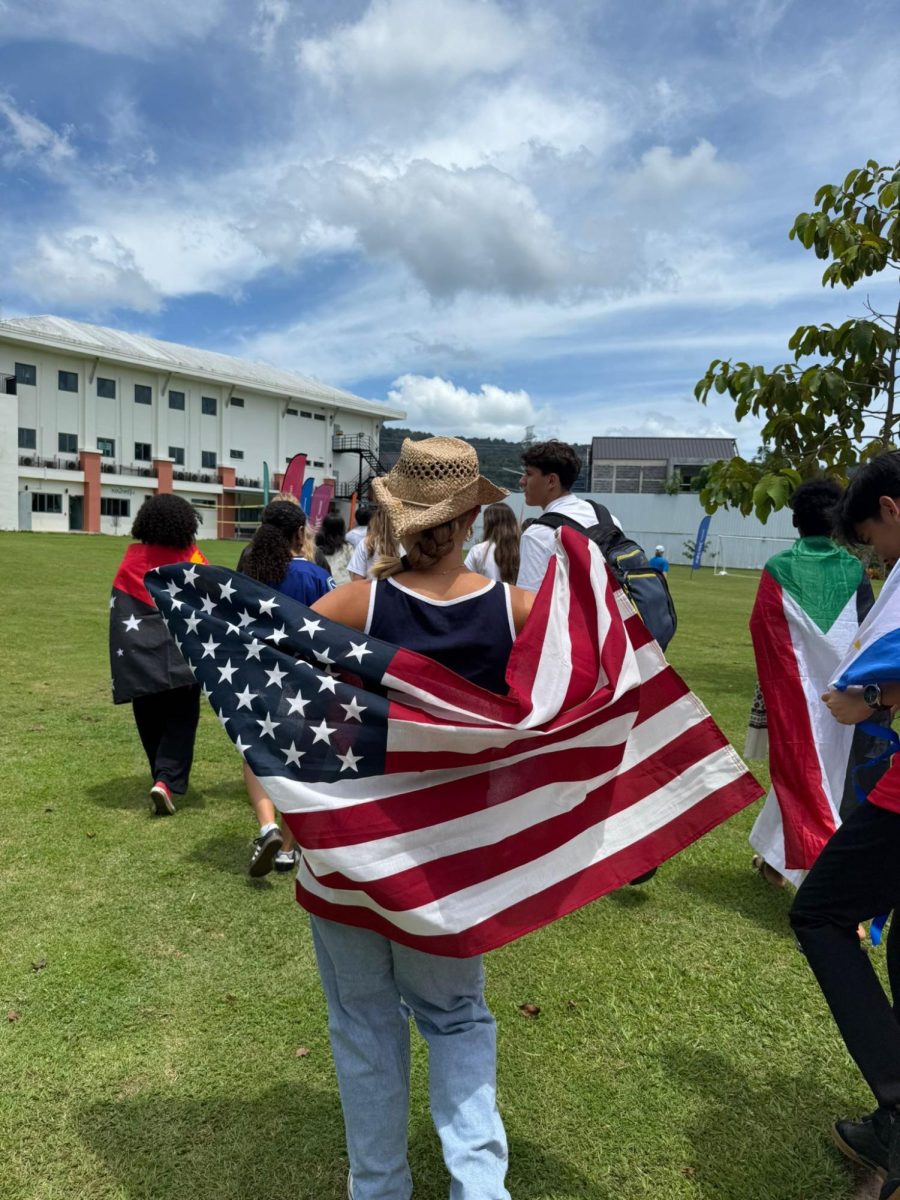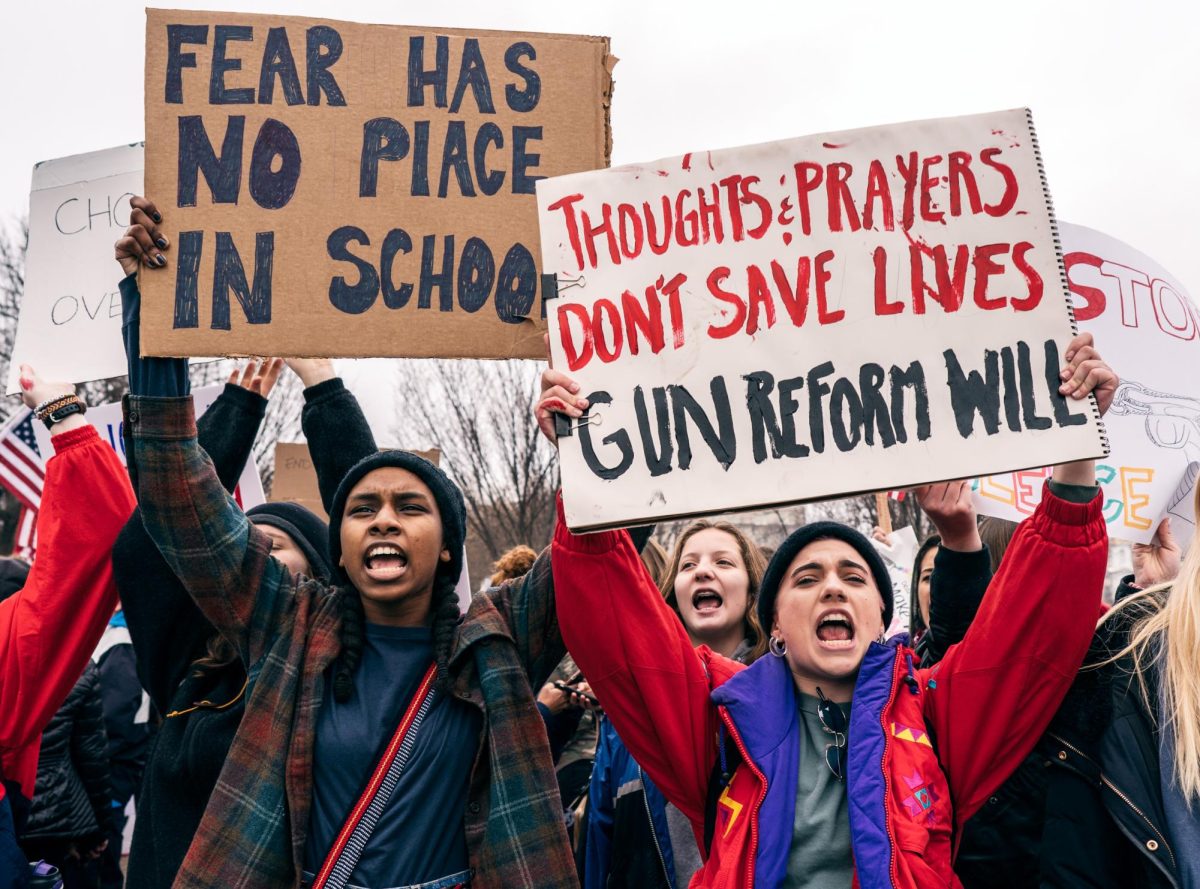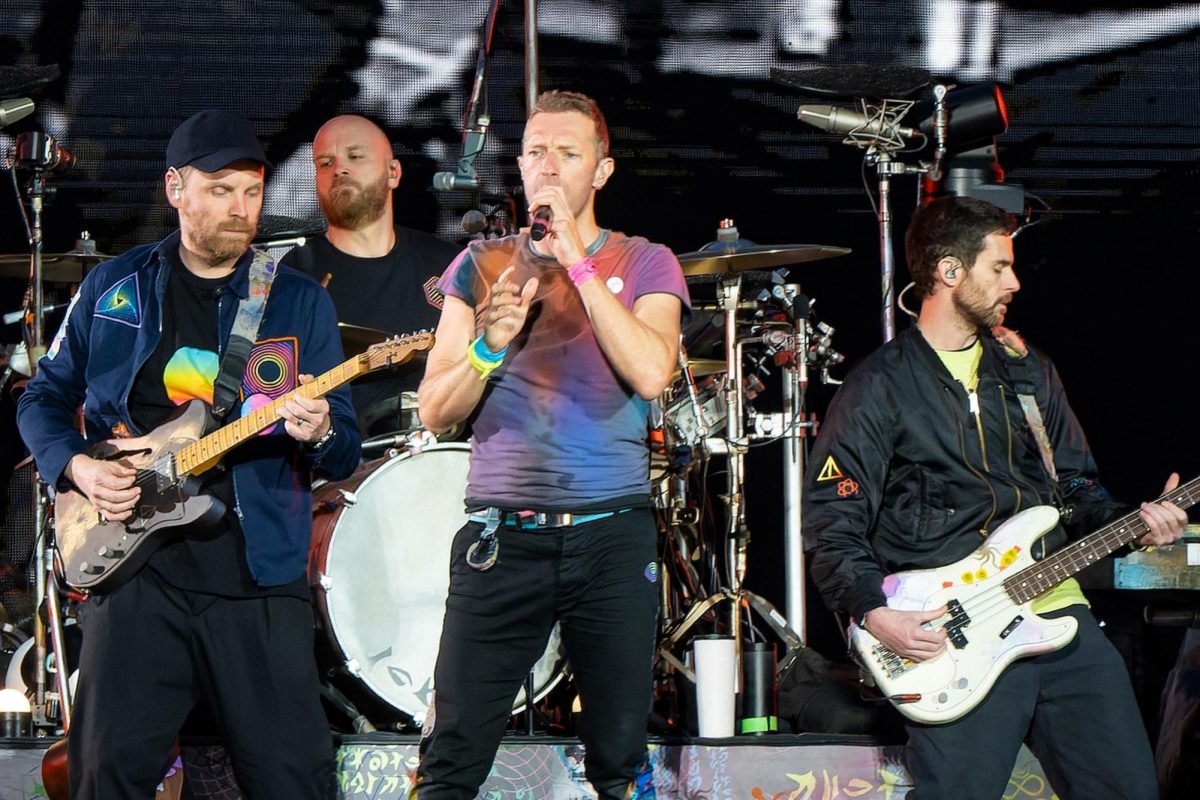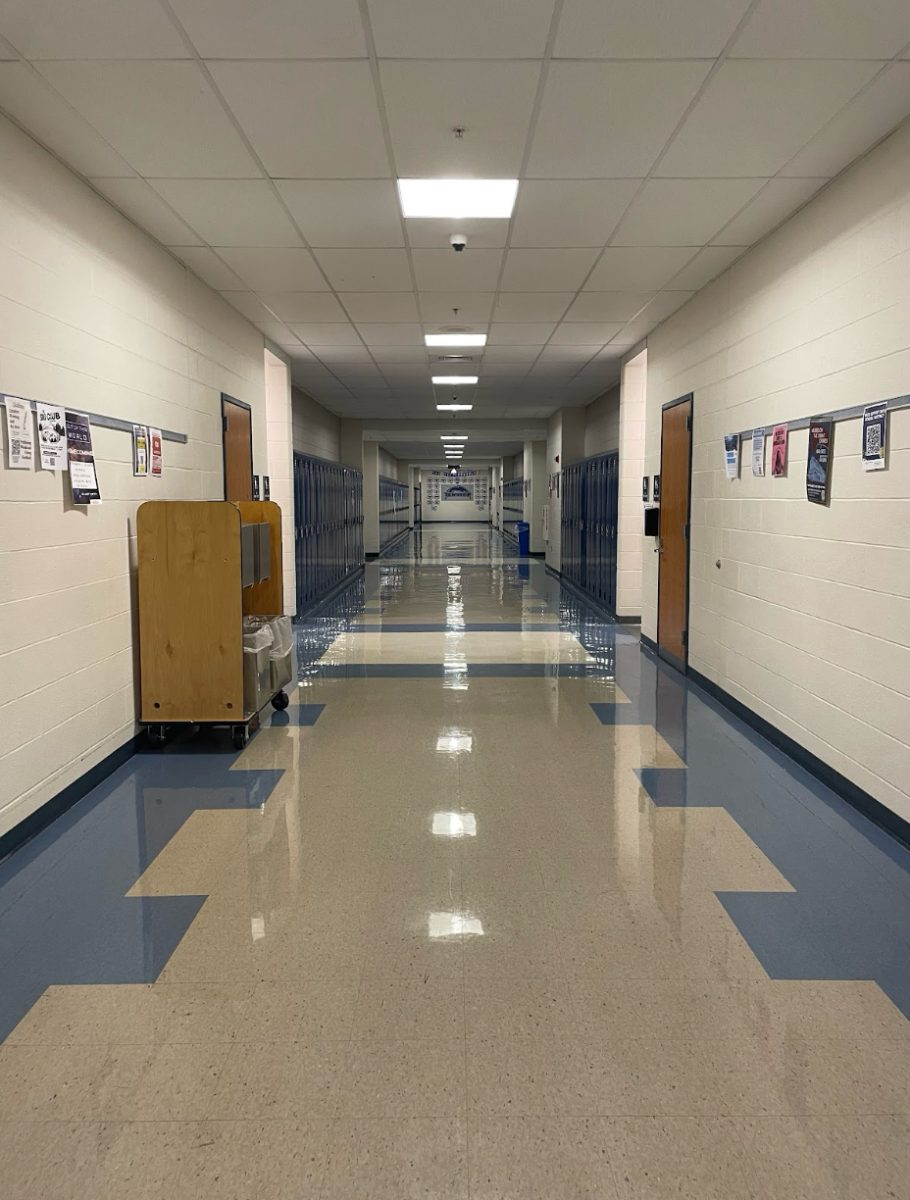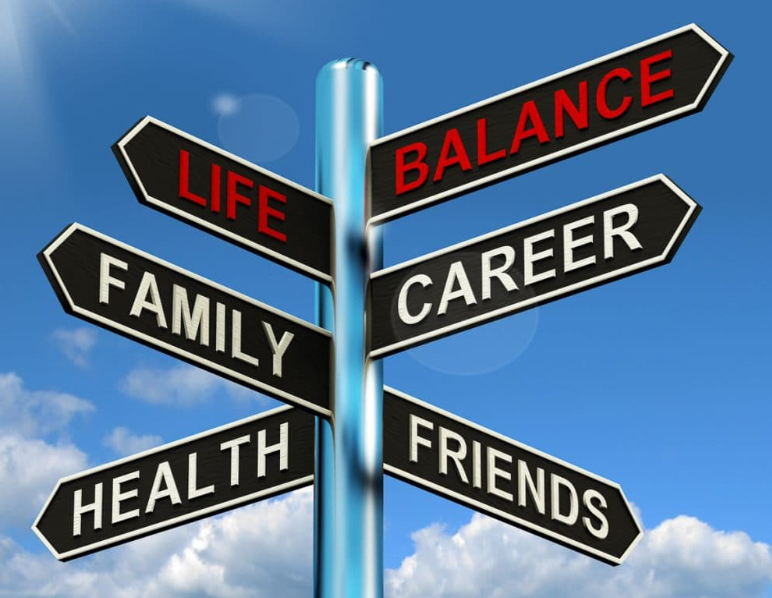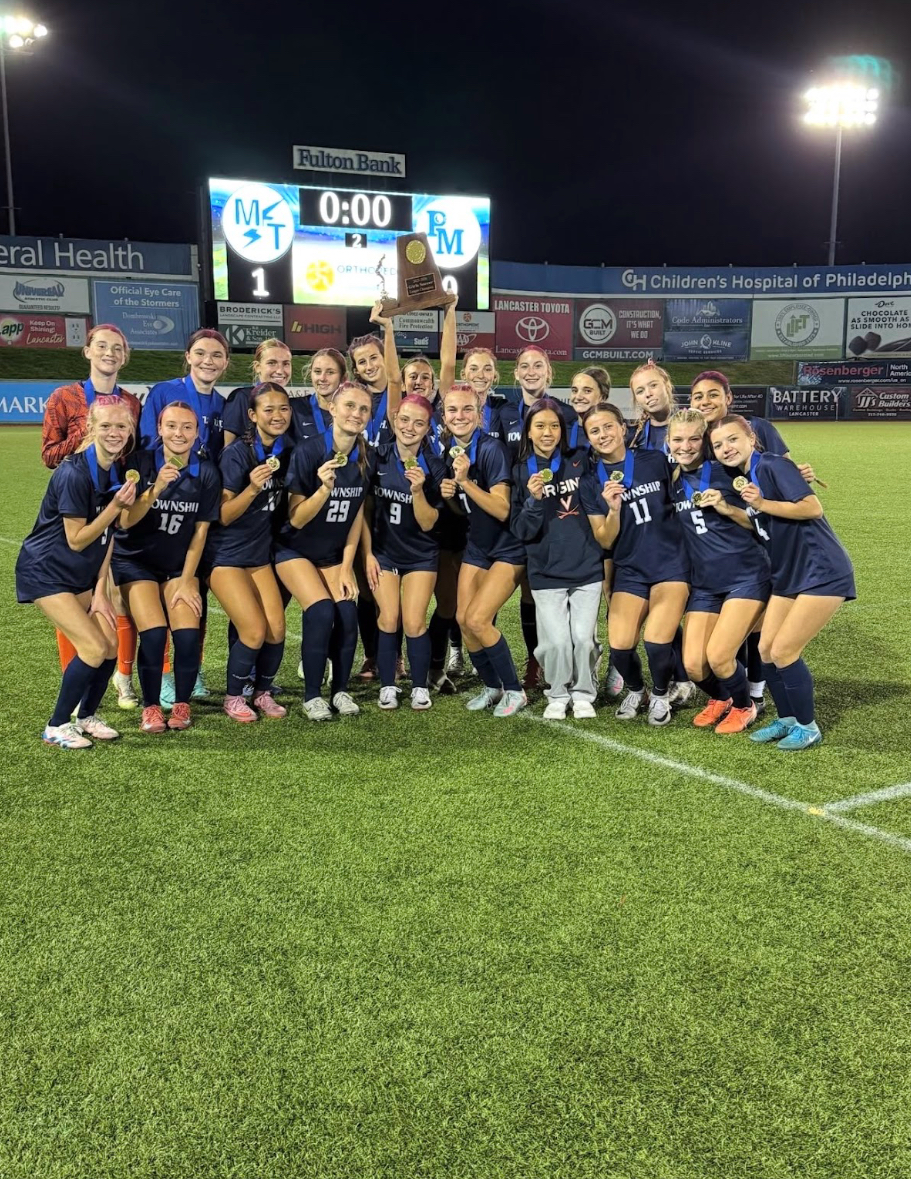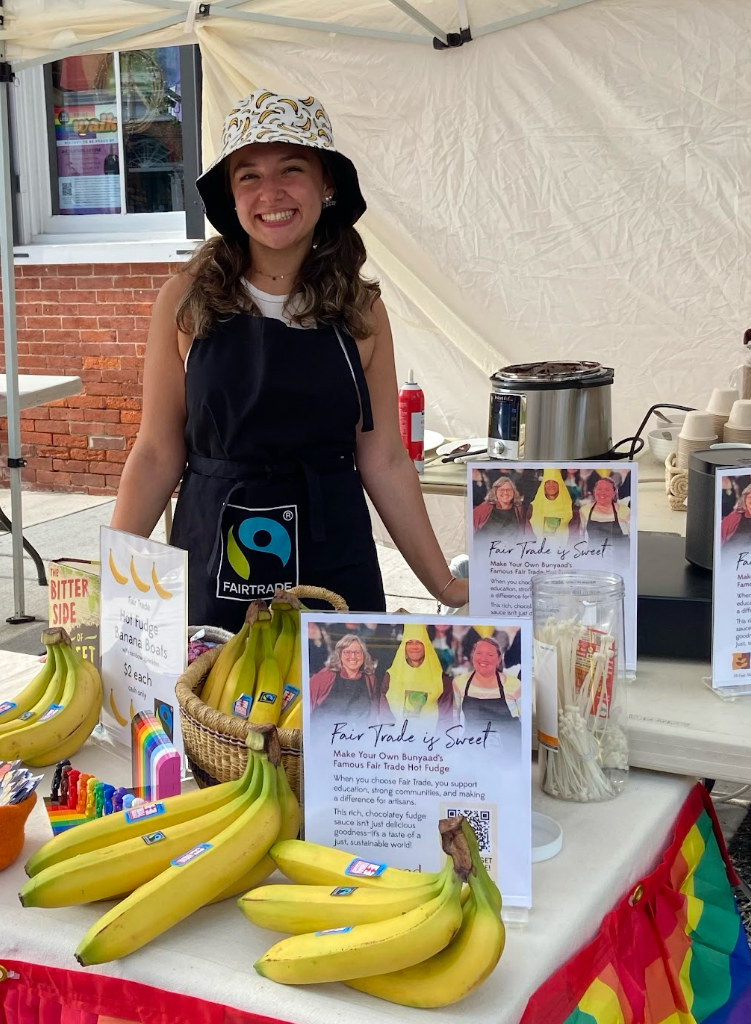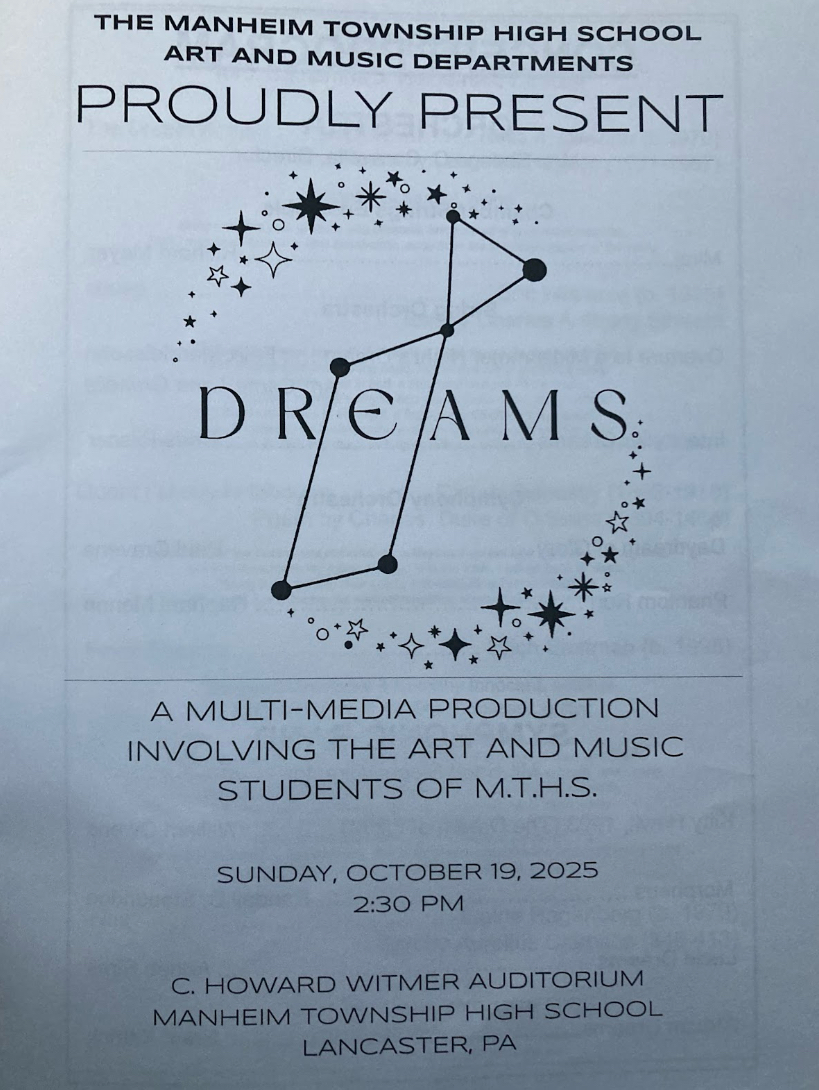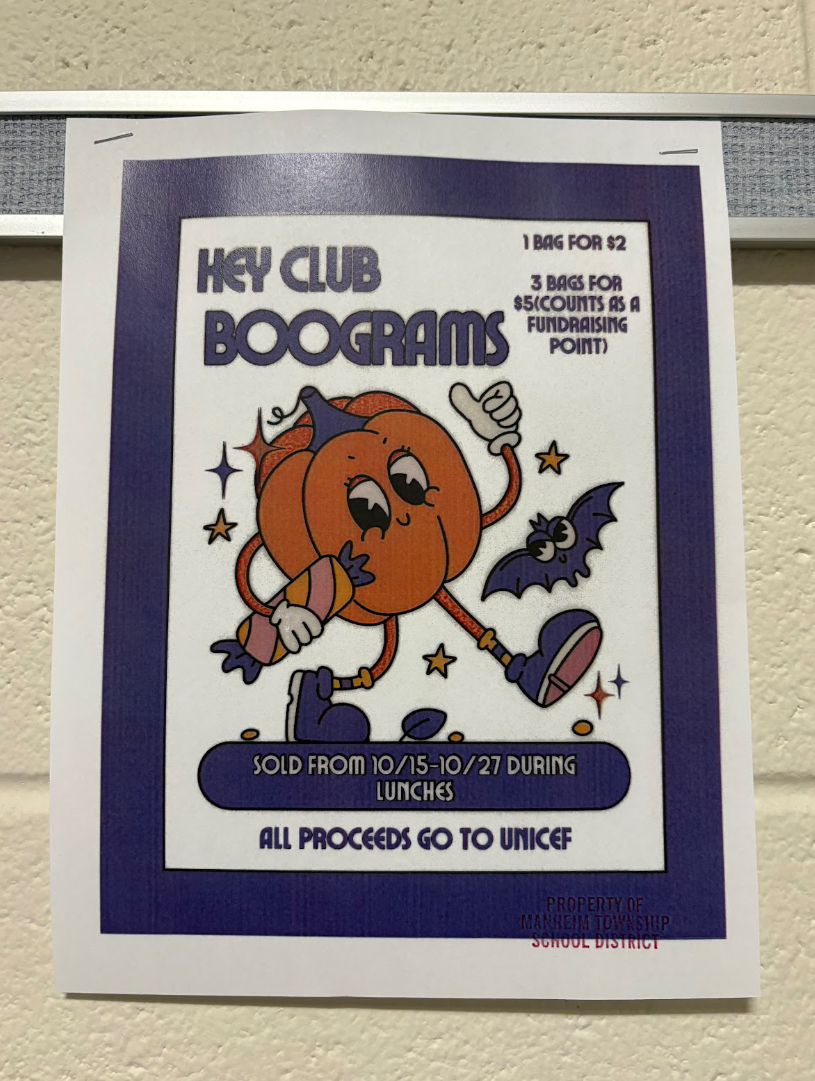Imagine living in a world where dictionaries are banned. It may not seem like a huge deal, but it becomes a problem when a whole generation of people no longer know the meanings of words. Events in the media would easily become skewed to incite particular opinions within the unknowing public because people would simply not have the knowledge of how to interpret words. Access to words is crucial, and without them, many problems ensue.
This is the case for Escambia county in Florida. An entire generation of students are now growing up without the ability to read a dictionary. This restriction extends to “The Diary of a Young Girl,” a groundbreaking autobiography that sheds light on a horrific time period of the 1940s, amongst other books with similar themes. The question is, what do they have in common? One is an important historical document, while the other is simply a tool for defining words. The content itself may be different, but there is a larger theme of suppression at play. While the dictionary is currently only being banned in one county in Florida, the charge against “The Diary of Anne Frank” is much more widespread across the country. Suppressing these works also suppresses the pursuit of knowledge and free-thinking, which can form larger problems later on.
The novel “Fahrenheit 451” by Ray Bradbury examines an eerily similar scenario: a society where all books are banned, which ultimately suppresses free thought. While not as extreme of a case, this novel could be indicative of the direction our country is heading in. The lack of access to literature and learning causes many problems in society, including a large knowledge gap. This book, as well, is also banned in some districts because of its ‘dangerous ideologies’ and speculation about the suppression of literature. When people are immune to the dangers of censorship, political figures can find ways to control large groups of people easier, leading to a corrupt regime. It is imperative that access to literature does not become diminished due to the ideologies of far right-wing figures.
While I’m not saying that society is going down this route, I do think that this is how the suppression of free-thinking begins. By banning books that encourage the pursuit of knowledge, an intelligence gap is beginning to percolate through the generations of children that are growing up in this post-dictionary world. This gap will diminish creativity and critical thinking skills. By banning dictionaries, legislators are decreasing brain capacity.
This situation isn’t just about the dictionary and Anne Frank. Plainly put, it’s about exercising control and suppression. When political figures find that they can ban definitions and diaries from historical events, what is to stop them from going further? This possibility should alarm everyone.
So, why the dictionary? Why Anne Frank? In both cases, the books face censorship for “sexual conduct” descriptions. My question is this: How is a dictionary sexual in any way, and how is a child’s diary labeled as “explicit?” Yes, I understand that there are words that contain ambiguous meanings, and therefore could be consumed in a particular way, and I’m aware that some descriptions Frank uses are not necessarily appropriate for younger audiences. However, it is safe to make the assumption that a young child is not going to look in a dictionary for the purpose of learning about such a topic, and Frank’s autobiography is typically not taught until students are more mature with age.
To ban an influential diary that has been integral in school curriculums for years poses a larger problem. While Frank does describe her feelings about a boy, they are innocent in nature and nothing of the sort that these groups are arguing. The book in and of itself helped give more context and a personal perspective to the Holocaust, and removing this book in turn removes an important marker of history from the school curriculums, only widening the knowledge gap in future generations.
If a parent wants to ensure that their child is not allowed access to certain words or books, that is understandable, but imposing those beliefs on an entire school board and changing laws is simply alarming. You cannot impose individual parenting upon an entire district. One person who is not of authoritative power should simply not be able to exercise such control. The issue is, with the continued rise of far-right beliefs, this control is only growing.
Students and generations to come must be educated about the past to positively impact changes in the future. Without access to dictionaries and books that provide diverse perspectives about history, the generations to come will have a widening void of knowledge. Access to a diverse literary catalog is crucial because, in today’s day and age, factual information can be hard to come by among the wide variety of perspectives on every online platform.
What can be done about this? There are countless groups that are working to encourage access to not only banned books, but prevent future legislation along these lines to continue to get passed. One of my favorite groups is the Florida Freedom to Read Project, and I really admire the work they’ve done for this issue in Florida. Since late 2021, the organization has worked to push back against book-banning legislation, and has spread their messaging across the nation.
Take a look at this list of some of the most commonly banned books, and get them before they’re banned.


